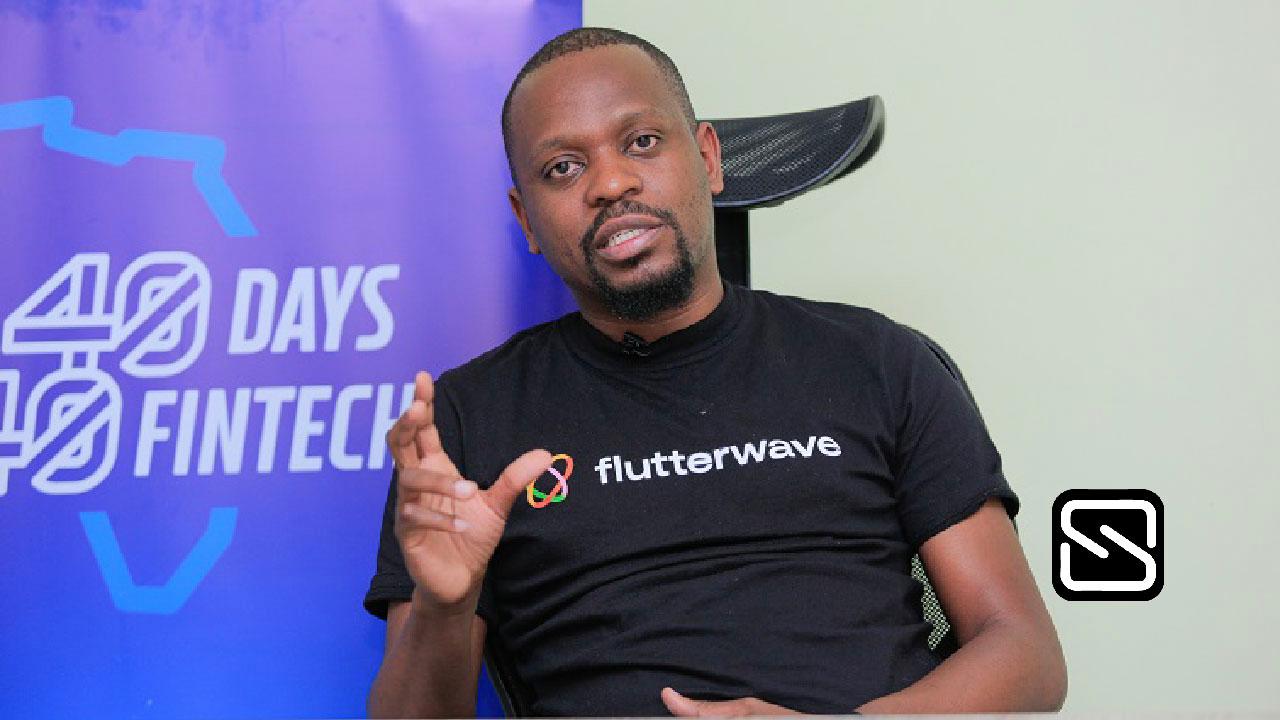Meet Flutterwave, a Fintech company creating endless possibilities for businesses through seamless payments
Fintech company Flutterwave is providing interoperable payment infrastructure for global merchants and payment service providers.
By Staff
Flutterwave was founded in 2016 in Nigeria as a Fintech company that provides a payment infrastructure for global merchants and payment service providers. The company provides a one-stop platform for businesses to be able to receive and make payments through various avenues such as mobile money and debit or credit cards.
Since 2016, Flutterwave has expanded into a multinational fintech company that offers an open payment infrastructure to international retailers and payment service providers. Flutterwave reportedly conducted transactions totaling more than $16 billion in dozens of African countries, according to an Aljazeera report.
Additionally, in 2021, the Fintech company received worldwide recognition for becoming an African fintech unicorn. By definition, a unicorn company is a startup with a valuation of over $1 billion.
Arnold Kwesiga, the Flutterwave Country Operations and Partnerships Manager for Uganda explains that since the company’s inception, Flutterwave has processed over 200 million transactions worth over $16 billion to date and serves more than 900,000 businesses including customers like Uber, Netflix, Flywire, booking.com among others. He adds that Uganda contributes to these numbers as it’s a key market for Flutterwave and as a company, they are working to ensure that they support more businesses in the country including those expanding to Uganda.
As a way of enhancing women’s financial inclusion, the company works with partners like the UNCDF and most recently Women In Technology Uganda (WITU) to drive initiatives that strengthen women’s financial and digital literacy. Through its products, the company has also focused on ensuring more access to digital financial services for women to drive their businesses and growth.
According to Arnold, Uganda ranks 172nd on Gross National Income (GNI) and 116th on the Network Readiness Index (NRI) according to the World Bank and the Portulans Institute respectively. The main driver of this is influenced by the 49 percent mobile penetration and 16 percent smartphone adoption which is higher than that of Rwanda and or South Africa.
He adds that a key driver for Uganda’s inclusion in the digital economy is mobile money which unlike other digital economies does not require smartphone penetration. As such, fintechs due to their agility are making strides towards increasing this digital transformation scope knowing full well the perceptions of their target audience but without compromising on the need to harness the potential to do the futuristic stuff.
Arnold also emphasizes that the KYC process remains a big challenge for fintechs and that the Government has an opportunity to use the national registries to provide data points for fintechs to carry out KYC checks that will match the generally accepted standards without compromising the ease of onboarding for the day-to-day customer.
Flutterwave was recently interviewed in the third edition of 40 Days 40 Fintechs which is organized by HiPipo in partnership with Level One Project, Mojaloop, ModusBox, and Crosslake Technologies and generously supported by the Gates Foundation. The initiative that aims at enabling people to join the digital economy space, offers participants useful tools and an introduction to the industry’s emerging technologies, such as Mojaloop open source software, and guidance from Level One Project foundational material. The skills gained from this initiative cover Level One Project principles, instant and inclusive payment systems (IIPS), inclusive finance, and finTech in general.
